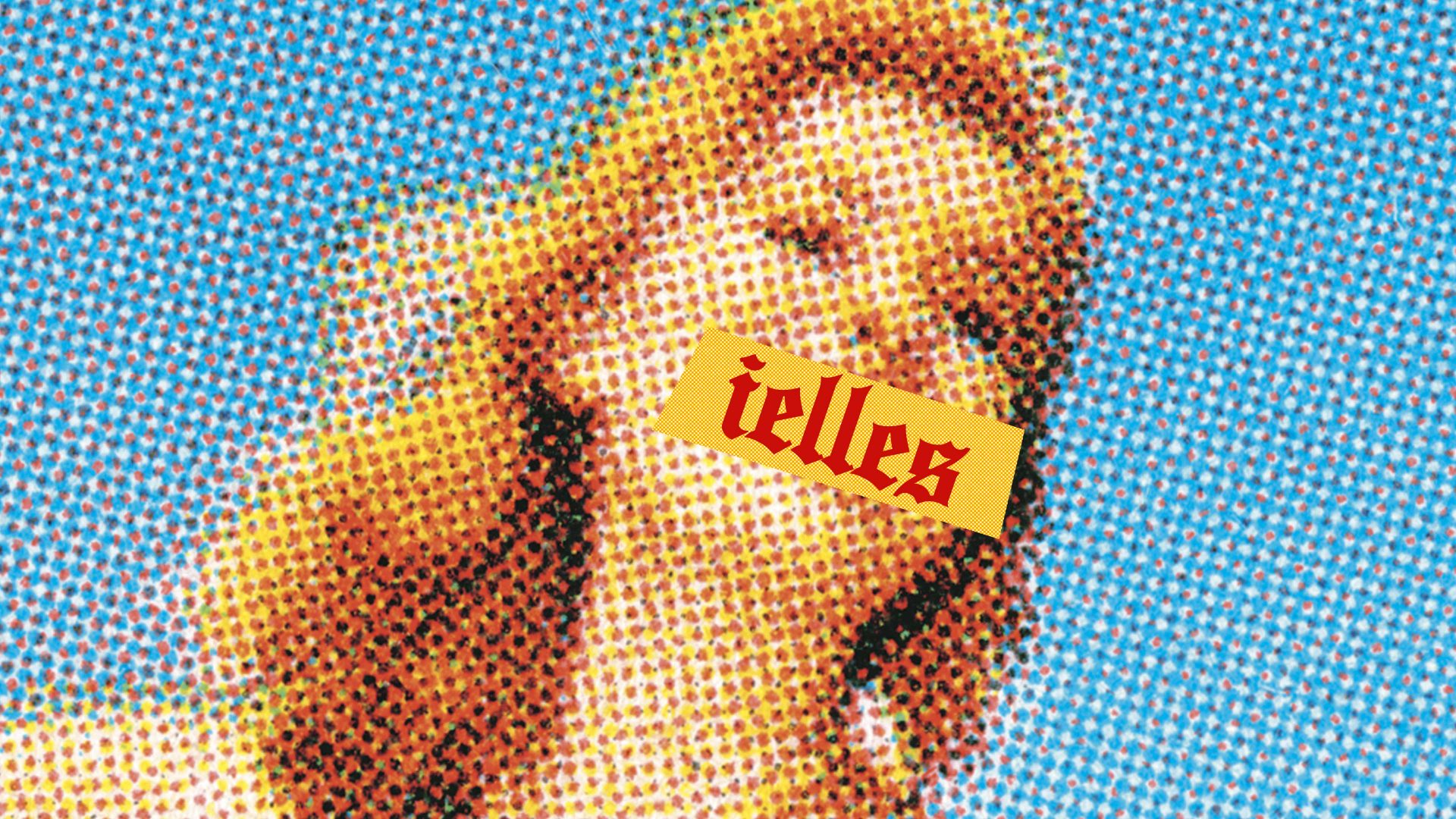Who gets to decide how a language is shaped? I first asked the question last month, because France was getting ready to open its first Cité Internationale de la Langue Française – a centre dedicated to French.
The museum’s exhibitions seemed exciting; they explored the history of the language, as well as the many, many ways in which hundreds of millions of people now speak it across the world. Really, they recognise French as a living, breathing thing, unable to ever belong to the snobs of the Académie Française, who’d rather see it locked in a cupboard and stored like precious jewellery.
This is why it was such a disappointment to see Emmanuel Macron use his speech at the museum’s opening to hit out against “écriture inclusive”, and thus choosing to stand against the natural evolution of French language.
“Inclusive” – or gender neutral – writing has been a hot topic in the country for some years now. If you haven’t come across it, the principle is simple. Traditional French is an inherently gendered language, meaning that, to the horror of those trying to learn it, chairs are girls, boats are boys, and so on.
Because there is no neutral form, anything plural defaults to the masculine; if a group of men and women decide to, say, walk somewhere together, they become “ils”. The feminine also gets hidden away in brackets when needed; an English gender-neutral musician is just that, but in French they must be a “musicien(ne)”.
Tired of being either linguistically ignored or swept aside, feminist campaigners and academics decided to try and reshape French in order for it to be more accommodating. A mixed group of people, for example, became “ielles”. A musician of uncertain gender became a musicien.ne.
It has been a slow-moving movement, but one that has been in the works for a number of years, as evidenced by the fact that the Académie Française first tried to counter it nearly a decade ago.
Opposition to it has now reached the highest possible echelons of French society, as the president decided to wade in this week. “In this language, masculine is neutral,” Macron argued in his speech. “It is unnecessary to add dots or dashes in the middle of words to make the language more comprehensible.”
“We shouldn’t give in to the zeitgeist” and must keep “the foundations of French grammar, the strength of its syntax”, he said.
It may not be a wholly unsurprising state of affairs, but it is a disappointing one. What is the point of having a president who is younger than most of his predecessors and who refused to fit in the mould of traditional party politics if he then refuses to watch innovation flourish?
Macron is obsessed with the future of tech and with the power of disruption, but is a hardened reactionary when it comes to his country’s own language. Things can change, but only when he wants them to.
Of course, it is possible to have thoughts and concerns about inclusive language. As some linguists and politicians have argued, it may be hard for dyslexic and intellectually disabled children and adults to have to learn or relearn the rules of the language. It is also true that some of it looks a tad clunky, and occasionally inelegant.
That doesn’t mean that the only option is to oppose all changes on principle. From #MeToo to broader discussions about feminism and trans issues, the world and the way in which we view gender are changing.
How we write and speak to each other defines who we are, and if we are to try and move away from inherently patriarchal societies and power dynamics, changing the way we talk about ourselves and others seems like an important step.
There may well be some trial and error, and some attempts that later get tweaked or abandoned altogether, but the aims of those trying to change French in order to make it fit for the future are noble. They shouldn’t be fought or mocked by politicians, but instead taken with the seriousness they deserve.
Really, what I’m trying to say here is: “aux armes, citoyen-ne-s”!










